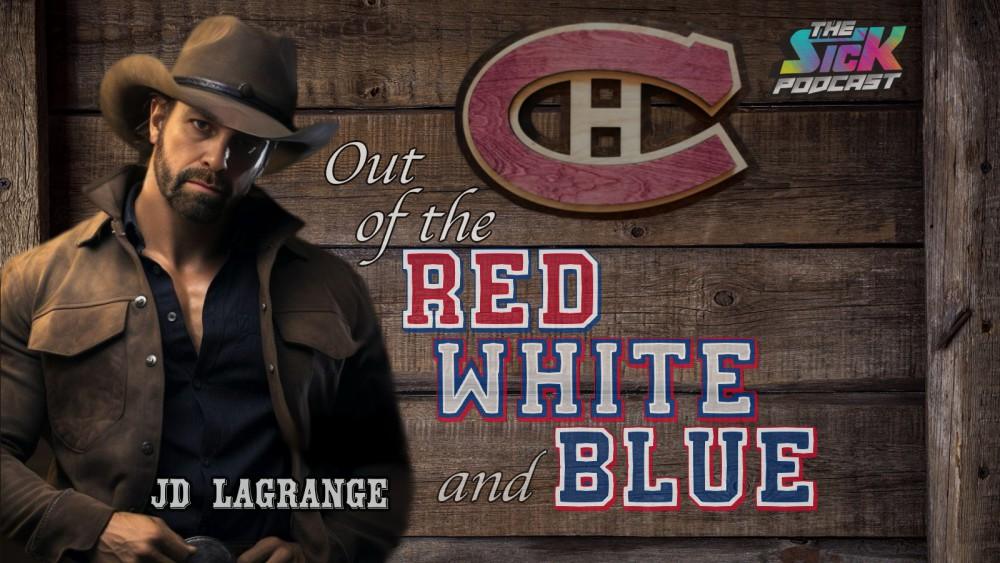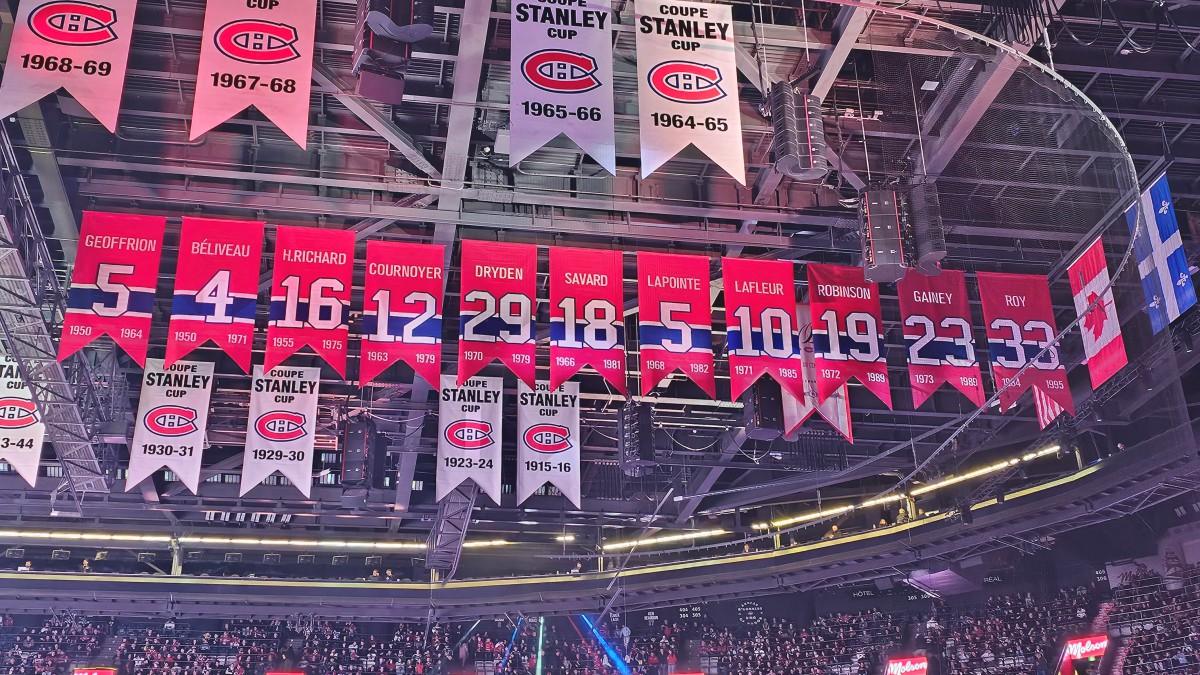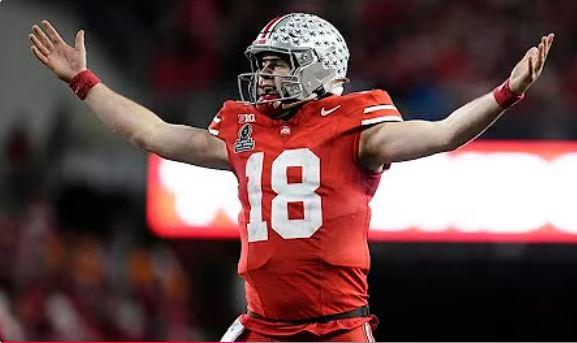
The debate over whether a player’s number should be retired is as old as it is tiresome. It resurfaces each time a franchise icon hangs up the skates, and quite frankly, it’s become more predictable than a preseason power ranking. But maybe we’re asking the wrong question. Instead of debating whether a player deserves to have their number retired, perhaps we should be asking: Is retiring the number still the best way to honour a player’s legacy?
Let’s focus on the root issue—one that often gets overlooked. When a number is retired, it disappears. No one else can wear it. In the Montreal Canadiens’ case, that’s a growing problem.
A Legacy Too Big to Fit on the Ice
The Canadiens have retired 15 numbers in honour of 18 players—the most of any team in the NHL. That’s not a minor footnote; it’s practically an entire game-day roster wiped off the numerical board. Some of these honourees—Rocket Richard, Jean Béliveau, Guy Lafleur—are legends whose names are etched not just in team history, but in the DNA of the sport itself. Their banners belong in the rafters, no doubt.
But the unintended consequence of so many retired numbers is this: newcomers to the Canadiens are often choosing from an increasingly limited pool of available numbers. Top prospects like Ivan Demidov are often given the choice of numbers (although through a limited choice), but most don’t always get to choose a number that fits their identity—they’re handed what’s left. Veterans acquired through trades or free agency face the same constraint—unless they’re willing to buy a Rolex for the current number-holder, that is.
A League That’s Grown, A Tradition That Hasn’t
The NHL today is not the same league it was when most of these numbers were retired. In the Original Six era, with fewer than 200 players in the league, it was far easier to dominate the sport or stack championships. Today, with 32 teams and over 700 players, the competitive landscape has dramatically changed.
Winning a Stanley Cup—or even just contending consistently—is far more difficult under the salary cap system. Teams can’t keep their core together the way dynasties of old could. Individual success is harder to achieve as well. Even the scoring records, once thought untouchable, have been tested. The NHL prematurely retired Wayne Gretzky’s #99 league-wide, believing it would never be rivalled—until a certain Alex Ovechkin came along and proved that greatness has no era.
In this modern NHL, the bar for jersey retirement shouldn’t be stuck in the past.
A New Era Deserves a New Approach
It’s time to evolve. Instead of retiring a player’s number, the Canadiens—and the league as a whole—should consider retiring the jersey, not the number.
What’s the difference? Symbolically, very little. Practically, a lot. The banners in the Bell Centre rafters would remain untouched. Fans would still see Richard, Lafleur, Savard, Robinson, and others honoured every night. But the number itself would return to circulation. A new player could wear #12—but it wouldn’t be Moore’s 12 or Cournoyer’s 12. It would be their own.
This approach maintains reverence for the past while keeping the future flexible. It allows fans to continue celebrating the icons of yesterday while creating room for new heroes to define what those numbers mean in a modern context. After all, why couldn’t Jacob Fowler create his own legacy wearing his #1 because Jacques Plante was great decades ago?
Honouring the Present Without Diminishing the Past
Let’s face it—this change might make it easier for the Canadiens to recognize players like Saku Koivu or Carey Price. They may not have the Stanley Cup résumés of legends before them, but their impact on the franchise and its fanbase is undeniable. Koivu’s courage, leadership, and longevity deserve a place in the rafters. Price’s brilliance, resilience, and role as a franchise cornerstone for more than a decade make a compelling case as well.
But if retiring the number feels like too high a bar for some traditionalists, then retiring the jersey—banner and all—without locking up the number forever offers a compromise. It acknowledges excellence without bottlenecking the future.
Final Thoughts
The Montreal Canadiens are hockey’s most storied franchise. Their past is sacred—but that shouldn’t come at the expense of the present or future. The tradition of retiring numbers served its purpose for over a century. But the game has changed. The league has changed. Maybe it’s time the honours evolve too.
Let’s keep the banners. Let’s tell the stories. Let’s raise the jerseys.
Just don’t bury the numbers.





